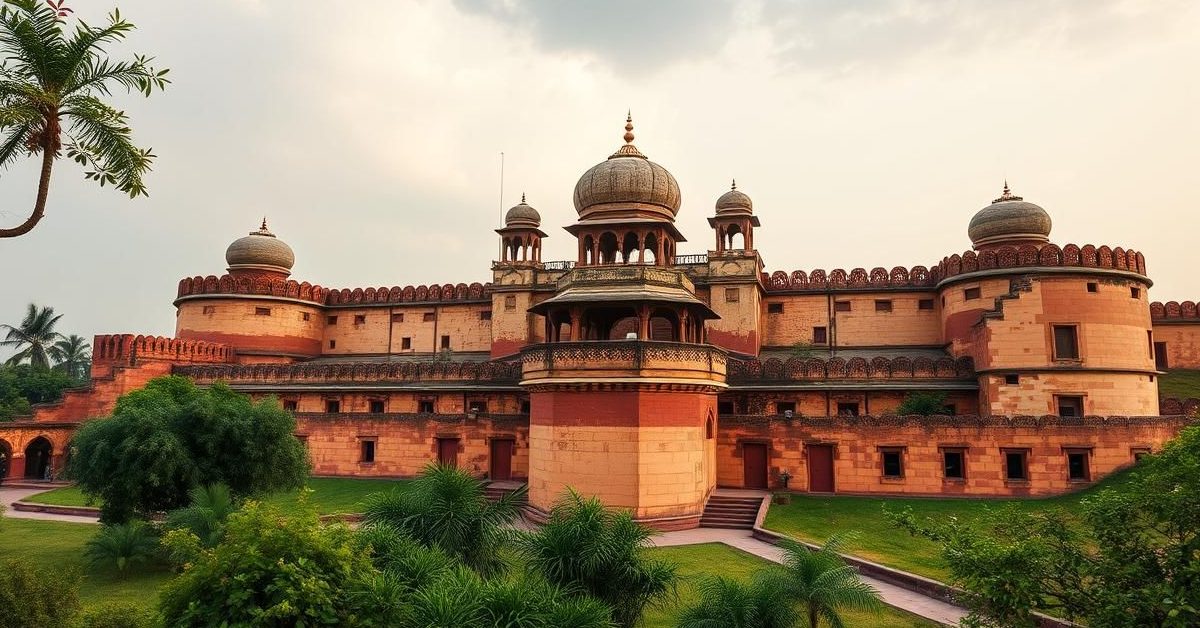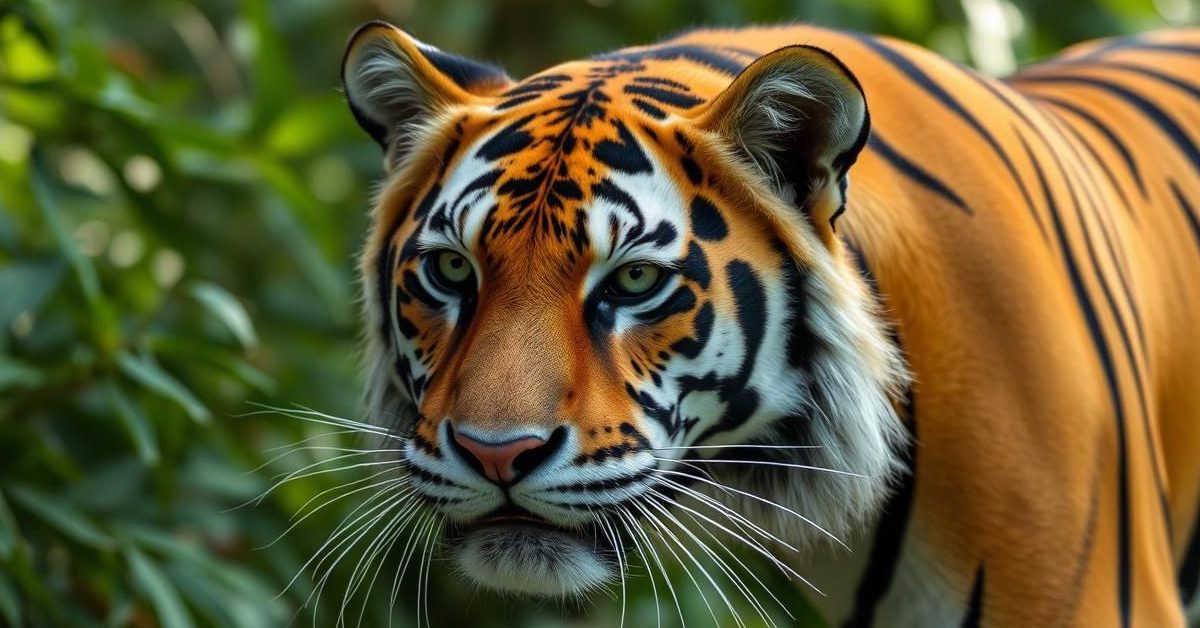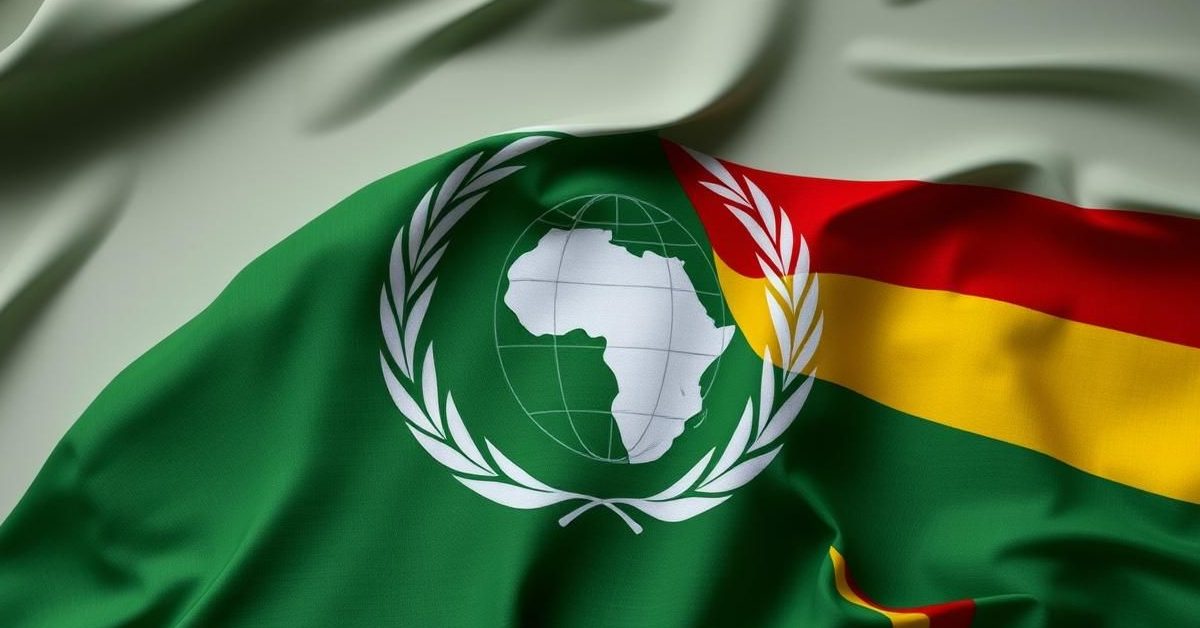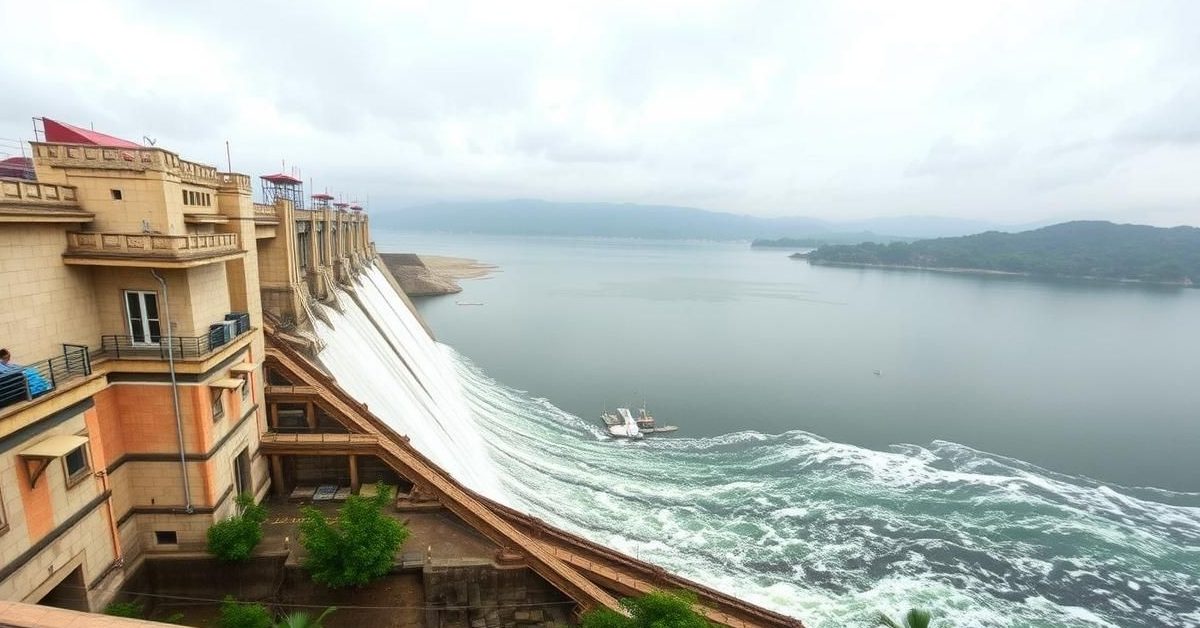This past week brought significant updates from India and around the world, featuring environmental conservation efforts, major archaeological recognition, diplomatic milestones, and advancements in science and technology.
National Milestones & Policy
India’s rich heritage received a major boost as the ‘Maratha Military Landscapes’ were officially added to the UNESCO World Heritage List. This marks India’s 44th property to achieve this prestigious recognition. The landscapes encompass 12 historic forts, with 11 located in Maharashtra and the Gingee Fort in Tamil Nadu, showcasing the architectural and strategic genius of the Maratha era.
In a move towards decentralizing innovation, NITI Aayog released a report titled “A Roadmap for Strengthening State S&T Councils.” The report suggests shifting the Department of Science and Technology’s (DST) funding approach from core grants to project-based support for these councils, which were first established in the 1970s to promote regional scientific development.
The Indian Navy is set to commission its first indigenous Diving Support Vessel (DSV), INS Nistar, on July 18 in Visakhapatnam. Designed and built by Hindustan Shipyard Limited, the Nistar will support deep-sea diving and submarine rescue operations, carrying forward the legacy of its predecessor, decommissioned in 1989.
Legal & Regulatory Updates
The Kerala government recently filed an admiralty suit seeking the arrest of the MSC Akiteta II, aiming to secure compensation for damages. In maritime law, “ship arrest” is a legal procedure to detain a vessel to secure a maritime claim.
India’s maritime disputes are governed by the Admiralty (Jurisdiction and Settlement of Maritime Claims) Act, 2017, which replaced older colonial-era laws. Other acts like the Merchant Shipping Act, 1958, and the Environment Protection Act, 1986, also provide frameworks for compensation and accountability in such cases.
International Diplomacy & Cooperation
Prime Minister Narendra Modi recently received significant international honors during his five-nation tour, including the ‘Key to the City of Buenos Aires’ in Argentina, Brazil’s highest civilian award, the Grand Collar of the National Order of the Southern Cross, and Namibia’s highest civilian award, the ‘Order of the Most Ancient Welwitschia Mirabilis’.
During his visit to Namibia, PM Modi paid tribute to the nation’s founding father, Sam Nujoma. India and Namibia also signed a Memorandum of Understanding (MoU) for an Entrepreneurship Development Center and cooperation in health and medicine. Namibia has also joined the India-backed Coalition for Disaster Resilient Infrastructure (CDRI) and the Global Biofuels Alliance.
The UAE government has introduced a pilot nomination-based Golden Visa program, offering lifetime residency to eligible Indian and Bangladeshi residents for a fee, without requiring property or business investment. This builds on their existing 5 to 10-year residency options.
The BRICS 2025 summit was held in Rio de Janeiro, Brazil, under the theme “Strengthening Global South Cooperation for More Inclusive and Sustainable Governance.” BRICS, which expanded in 2024 to include Egypt, Ethiopia, Iran, and the UAE, with Indonesia joining in 2025, now accounts for 45% of the global population and over 35% of the world’s GDP.
The expansion comes amidst discussions about reducing dependence on the US dollar and the US-led global financial system, especially after the US weaponized SWIFT by excluding Iran and Russia. SWIFT is a secure platform used by over 11,000 banks in 200+ countries to exchange financial transaction information, overseen by central banks of eleven industrial countries.
Environmental Concerns & Conservation
The Union environment ministry presented a high-powered committee report to the National Green Tribunal regarding the environmental clearance for the Great Nicobar Island mega infrastructure project. Conceived by NITI Aayog in 2021, the project includes an International Container Transshipment Terminal (ICTT), an international airport, a township, and a power plant, aligning with India’s Maritime Vision 2030 and Amrit Kaal Vision 2047.
In a remarkable conservation success story, Wular Lake in Kashmir, Asia’s second-largest freshwater lake, is once again thriving with lotuses. These plants, whose stems (Nadru) are a local delicacy, had been wiped out 30 years ago by a devastating flood, and their return is credited to efforts by the Wular Conservation and Management Authority.
New research suggests a concerning link between melting glaciers and ice caps and an increase in volcanic eruptions. The decrease in pressure from ice loss can lead to magma production, as rocks melt at lower temperatures under reduced pressure. Precipitation, also affected by climate change, can further infiltrate and trigger eruptions.
While volcanic eruptions can cause temporary global cooling by releasing ash and sulfur dioxide that block sunlight, sustained eruptions can release greenhouse gases, creating a vicious cycle of warming. Meanwhile, China has taken significant steps towards river health, dismantling 300 dams and shutting down most small hydropower stations on the Chishui He, a major Yangtze River tributary. This initiative aims to restore fish habitats, especially for species like the Yangtze sturgeon, which was declared extinct in the wild in 2022.
Science & Technology Innovations
The Vera C Rubin Observatory in Chile has unveiled its first images from its 3,200-megapixel digital camera, the largest ever built. Located atop the Cerro Pachón mountain, its Simonyi Survey Telescope is designed with a unique three-mirror system, offering an exceptionally wide field of view to map the night sky. The observatory is named after American astronomer Vera C Rubin, who was instrumental in proving the existence of dark matter.
In a recent development, a mechanical engineer from Kerala was arrested for drug sales via the dark web. This hidden part of the internet is inaccessible via regular search engines and requires specialized tools like Tor, which encrypts and routes connections through multiple servers globally, making user activity nearly impossible to trace. While notorious for illegal activities, the dark web also serves legitimate purposes for privacy and anonymous communication by whistleblowers, journalists, and activists.
Key Observances & Events
- World Bioproduct Day, celebrated on July 7, highlights the importance of bioproducts in environmental sustainability. India aims for a $300 billion bioeconomy by 2030.
- Dhammacakkappavattana Divas was observed on July 10, commemorating Buddha’s First Sermon at Sarnath, where he taught the Four Noble Truths, the Eightfold Path, and the Middle Path.
- World Population Day on July 11 focused on “Empowering young people to create the families they want in a fair and hopeful world.” This UN-established day marks the global population reaching 5 billion in 1987.
- Wimbledon 2025, one of the four prestigious Grand Slams in tennis, continued its tradition as the only major tournament played on grass courts.
This past week brought significant updates from India and around the world, featuring environmental conservation efforts, major archaeological recognition, diplomatic milestones, and advancements in science and technology.
National Milestones & Policy
India’s rich heritage received a major boost as the ‘Maratha Military Landscapes’ were officially added to the UNESCO World Heritage List. This marks India’s 44th property to achieve this prestigious recognition. The landscapes encompass 12 historic forts, with 11 located in Maharashtra and the Gingee Fort in Tamil Nadu, showcasing the architectural and strategic genius of the Maratha era.
In a move towards decentralizing innovation, NITI Aayog released a report titled “A Roadmap for Strengthening State S&T Councils.” The report suggests shifting the Department of Science and Technology’s (DST) funding approach from core grants to project-based support for these councils, which were first established in the 1970s to promote regional scientific development.
The Indian Navy is set to commission its first indigenous Diving Support Vessel (DSV), INS Nistar, on July 18 in Visakhapatnam. Designed and built by Hindustan Shipyard Limited, the Nistar will support deep-sea diving and submarine rescue operations, carrying forward the legacy of its predecessor, decommissioned in 1989.
Legal & Regulatory Updates
The Kerala government recently filed an admiralty suit seeking the arrest of the MSC Akiteta II, aiming to secure compensation for damages. In maritime law, “ship arrest” is a legal procedure to detain a vessel to secure a maritime claim.
India’s maritime disputes are governed by the Admiralty (Jurisdiction and Settlement of Maritime Claims) Act, 2017, which replaced older colonial-era laws. Other acts like the Merchant Shipping Act, 1958, and the Environment Protection Act, 1986, also provide frameworks for compensation and accountability in such cases.
International Diplomacy & Cooperation
Prime Minister Narendra Modi recently received significant international honors during his five-nation tour, including the ‘Key to the City of Buenos Aires’ in Argentina, Brazil’s highest civilian award, the Grand Collar of the National Order of the Southern Cross, and Namibia’s highest civilian award, the ‘Order of the Most Ancient Welwitschia Mirabilis’.
During his visit to Namibia, PM Modi paid tribute to the nation’s founding father, Sam Nujoma. India and Namibia also signed a Memorandum of Understanding (MoU) for an Entrepreneurship Development Center and cooperation in health and medicine. Namibia has also joined the India-backed Coalition for Disaster Resilient Infrastructure (CDRI) and the Global Biofuels Alliance.
The UAE government has introduced a pilot nomination-based Golden Visa program, offering lifetime residency to eligible Indian and Bangladeshi residents for a fee, without requiring property or business investment. This builds on their existing 5 to 10-year residency options.
The BRICS 2025 summit was held in Rio de Janeiro, Brazil, under the theme “Strengthening Global South Cooperation for More Inclusive and Sustainable Governance.” BRICS, which expanded in 2024 to include Egypt, Ethiopia, Iran, and the UAE, with Indonesia joining in 2025, now accounts for 45% of the global population and over 35% of the world’s GDP.
The expansion comes amidst discussions about reducing dependence on the US dollar and the US-led global financial system, especially after the US weaponized SWIFT by excluding Iran and Russia. SWIFT is a secure platform used by over 11,000 banks in 200+ countries to exchange financial transaction information, overseen by central banks of eleven industrial countries.
Environmental Concerns & Conservation
The Union environment ministry presented a high-powered committee report to the National Green Tribunal regarding the environmental clearance for the Great Nicobar Island mega infrastructure project. Conceived by NITI Aayog in 2021, the project includes an International Container Transshipment Terminal (ICTT), an international airport, a township, and a power plant, aligning with India’s Maritime Vision 2030 and Amrit Kaal Vision 2047.
In a remarkable conservation success story, Wular Lake in Kashmir, Asia’s second-largest freshwater lake, is once again thriving with lotuses. These plants, whose stems (Nadru) are a local delicacy, had been wiped out 30 years ago by a devastating flood, and their return is credited to efforts by the Wular Conservation and Management Authority.
New research suggests a concerning link between melting glaciers and ice caps and an increase in volcanic eruptions. The decrease in pressure from ice loss can lead to magma production, as rocks melt at lower temperatures under reduced pressure. Precipitation, also affected by climate change, can further infiltrate and trigger eruptions.
While volcanic eruptions can cause temporary global cooling by releasing ash and sulfur dioxide that block sunlight, sustained eruptions can release greenhouse gases, creating a vicious cycle of warming. Meanwhile, China has taken significant steps towards river health, dismantling 300 dams and shutting down most small hydropower stations on the Chishui He, a major Yangtze River tributary. This initiative aims to restore fish habitats, especially for species like the Yangtze sturgeon, which was declared extinct in the wild in 2022.
Science & Technology Innovations
The Vera C Rubin Observatory in Chile has unveiled its first images from its 3,200-megapixel digital camera, the largest ever built. Located atop the Cerro Pachón mountain, its Simonyi Survey Telescope is designed with a unique three-mirror system, offering an exceptionally wide field of view to map the night sky. The observatory is named after American astronomer Vera C Rubin, who was instrumental in proving the existence of dark matter.
In a recent development, a mechanical engineer from Kerala was arrested for drug sales via the dark web. This hidden part of the internet is inaccessible via regular search engines and requires specialized tools like Tor, which encrypts and routes connections through multiple servers globally, making user activity nearly impossible to trace. While notorious for illegal activities, the dark web also serves legitimate purposes for privacy and anonymous communication by whistleblowers, journalists, and activists.
Key Observances & Events
- World Bioproduct Day, celebrated on July 7, highlights the importance of bioproducts in environmental sustainability. India aims for a $300 billion bioeconomy by 2030.
- Dhammacakkappavattana Divas was observed on July 10, commemorating Buddha’s First Sermon at Sarnath, where he taught the Four Noble Truths, the Eightfold Path, and the Middle Path.
- World Population Day on July 11 focused on “Empowering young people to create the families they want in a fair and hopeful world.” This UN-established day marks the global population reaching 5 billion in 1987.
- Wimbledon 2025, one of the four prestigious Grand Slams in tennis, continued its tradition as the only major tournament played on grass courts.















